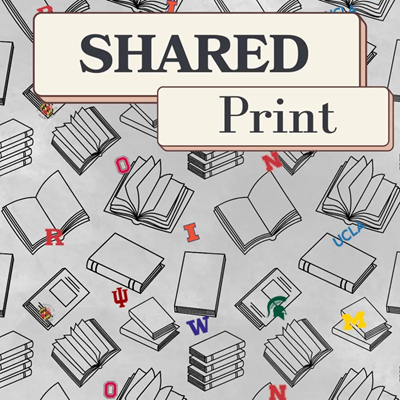
Libraries
The Libraries of the Big Ten Academic Alliance are aligned in the vision of uniting our separate collections into one collection, shared and fully networked: the BIG Collection. By this phrase we mean a holistic and comprehensive understanding of what a library "collection" is: not simply the things we hold, but our services; our people; our expertise; our technology; and our infrastructure.
In advancing this future of interdependence and excellence, we are guided by our North Star in everything that we do:
In order to advance a just, trustworthy, scalable & sustainable open knowledge ecosystem, make open, more equitable scholarship our lead purpose.
On these pages, you'll find more about the services, programs, and community that are advancing this vision in a principles-centered, mission-driven, values-aligned way.

ADA Title II & Libraries
Catch the webinar replay + slides from our August 27 event. Now posted on our Accessibility page.

Big Ten Open Books
A new model for open-access publishing
Free, trusted titles from Big Ten university presses.

Shared Print White Paper
Explore the vision for a collaborative, distributed archive across Big Ten libraries.
Big Ten Academic Alliance announces unlimited publishing deal with Institute of Physics Publishing

Strengthening the commitment to opening research, IOP Publishing (IOPP) has agreed to a three-year unlimited open publishing agreement with the Big Ten Academic Alliance (BTAA) consortium in the United States (US). Beginning January 2023, the agreement enables affiliated researchers to publish unlimited Open Access (OA) papers at no cost to them.
This open publishing agreement is a contract negotiated between IOPP and the Big Ten Academic Alliance, which has led the negotiations on behalf of its member institutions. The agreement assists in moving the academic publishing business model toward “open” by combining reading access to journals with open access publication of research by authors from Big Ten universities.
During the agreement, authors affiliated with Big Ten Academic Alliance institutions can make their research openly accessible to the global community immediately after publication while retaining their copyright. In addition, BTAA institutions continue their existing access to the IOPscience extra collection.
“We’re delighted to partner with IOP Publishing to move toward a more open and equitable future,” stated Maurice York, Director, Library Initiatives at the BTAA. “This agreement advances our collective strategy of open access scholarship by making member research available to a global audience and simultaneously reducing friction in the publishing workflow by removing the cost and workflow burden from authors.”
Julian Wilson, Sales and Marketing Director at IOPP said: “We are dedicated to supporting research institutions in their ambition to publish all their content OA. We believe that universal access to research can maximize its visibility and accelerate scientific discovery.”
